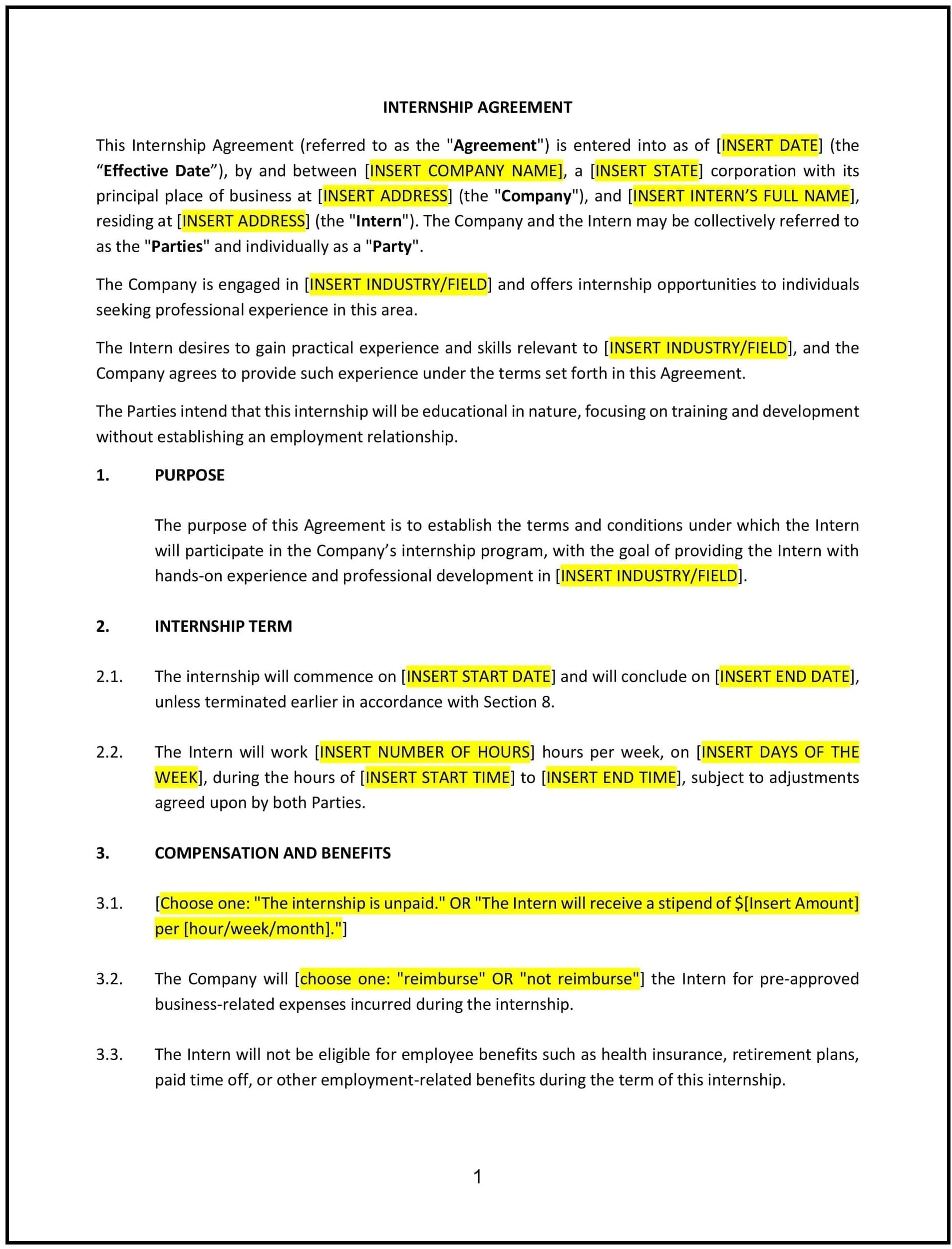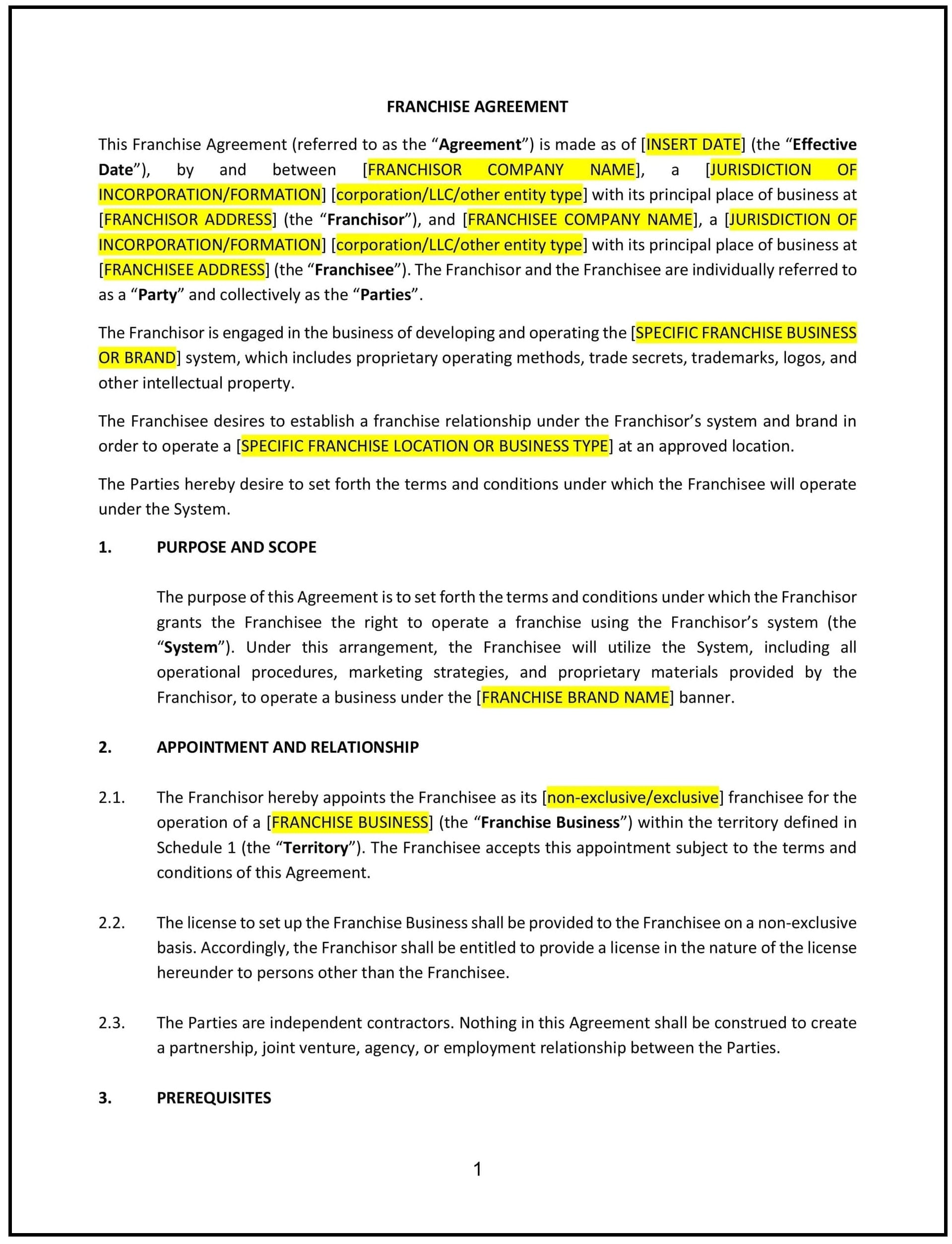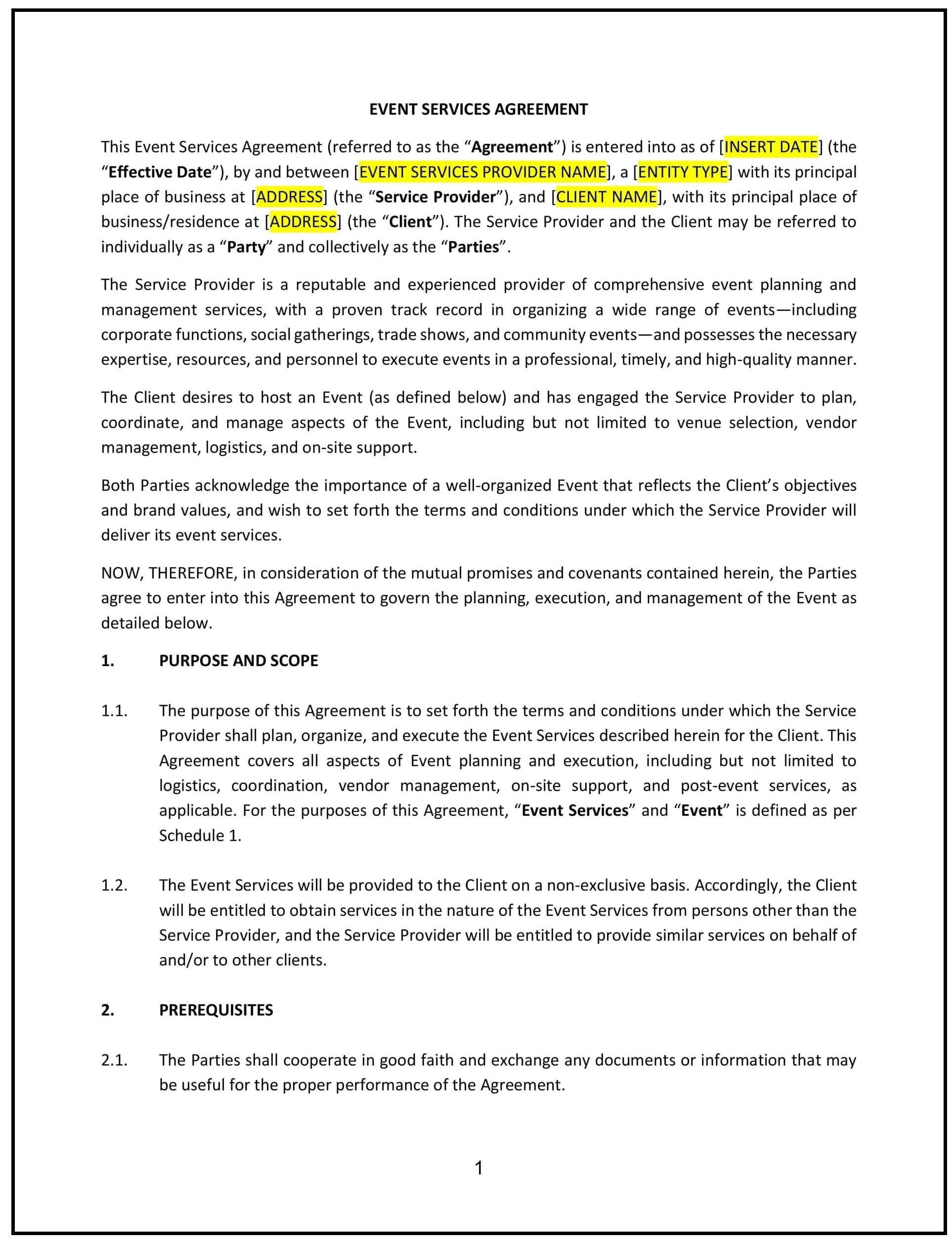Sale of Goods Agreement (Pro-Seller) (Connecticut): Free template
Sale of Goods Agreement (Pro-Seller) (Connecticut)
A Sale of Goods Agreement (Pro-Seller) in Connecticut is a legally binding contract that sets the terms under which a seller transfers goods to a buyer. This agreement helps protect the seller’s financial interests by establishing payment terms, delivery obligations, risk allocation, and warranty disclaimers. It is commonly used in industries such as manufacturing, wholesale distribution, retail, and e-commerce, where businesses frequently engage in the sale of physical goods.
Connecticut follows Uniform Commercial Code (UCC) Article 2, which regulates the sale of goods and provides guidelines on contract enforcement, implied warranties, and risk of loss. However, Connecticut also has additional consumer protection laws that may impact sales agreements, especially for transactions involving individual buyers. The Connecticut Unfair Trade Practices Act (CUTPA) applies to many business transactions, requiring sellers to ensure that contract terms are clear and not deceptive.
A well-drafted agreement helps sellers in Connecticut reduce the risk of payment disputes, clarify shipping terms, and limit liability while supporting compliance with state business laws.
Tips for drafting and maintaining a Sale of Goods Agreement (Pro-Seller) in Connecticut
- Clearly define the goods being sold, including product descriptions, quantity, quality specifications, and pricing to prevent misunderstandings.
- Outline payment terms, including due dates, installment options, and penalties for late payments. Connecticut law allows for the enforcement of late fees as long as they are reasonable and disclosed in the contract.
- Specify delivery obligations, including timelines, shipping responsibilities, and when the risk of loss transfers to the buyer. Under Connecticut UCC Article 2, risk of loss typically shifts to the buyer upon delivery unless otherwise stated.
- Address warranty disclaimers to limit seller liability. Connecticut law allows sellers to exclude implied warranties such as merchantability and fitness for a particular purpose, but disclaimers must be clearly stated in writing.
- Establish a return and refund policy. Businesses selling to consumers should be aware of Connecticut’s consumer protection laws, which may require additional disclosures regarding product returns and refunds.
- Include a force majeure clause to account for unforeseen events such as supply chain disruptions, extreme weather, or legal restrictions that could impact a seller’s ability to fulfill contractual obligations.
Frequently asked questions (FAQs)
Q: What should Connecticut businesses include in a Sale of Goods Agreement (Pro-Seller)?
A: The contract should outline product details, pricing, payment terms, delivery conditions, warranty disclaimers, and liability protections to minimize disputes.
Q: How does a Sale of Goods Agreement (Pro-Seller) benefit Connecticut sellers?
A: It helps sellers formalize transactions, reduce liability, clarify payment and shipping obligations, and minimize risks of non-payment or contract disputes.
Q: Are warranty disclaimers enforceable in Connecticut?
A: Yes, under Connecticut UCC Article 2, sellers can disclaim implied warranties, but they must do so explicitly in the contract. Consumer transactions may have additional restrictions under state law.
Q: What happens if a buyer refuses to pay under a Sale of Goods Agreement in Connecticut?
A: The seller may take legal action to recover unpaid amounts, charge interest or late fees if stated in the contract, or pursue repossession of goods where applicable.
Q: How should Connecticut sellers handle disputes under a Sale of Goods Agreement?
A: The contract should specify dispute resolution methods, including whether conflicts will be handled through Connecticut courts, arbitration, or mediation.
Q: Does Connecticut require sales tax on goods sold under this agreement?
A: Yes, most sales of tangible goods in Connecticut are subject to state sales tax. Sellers must register with the Connecticut Department of Revenue Services to collect and remit the appropriate tax.
Q: Can a seller refuse returns under a Sale of Goods Agreement in Connecticut?
A: Yes, a seller can impose a no-return policy, but consumer transactions may be subject to additional refund or exchange rights under Connecticut law.
This article contains general legal information and does not contain legal advice. Cobrief is not a law firm or a substitute for an attorney or law firm. The law is complex and changes often. For legal advice, please ask a lawyer.


